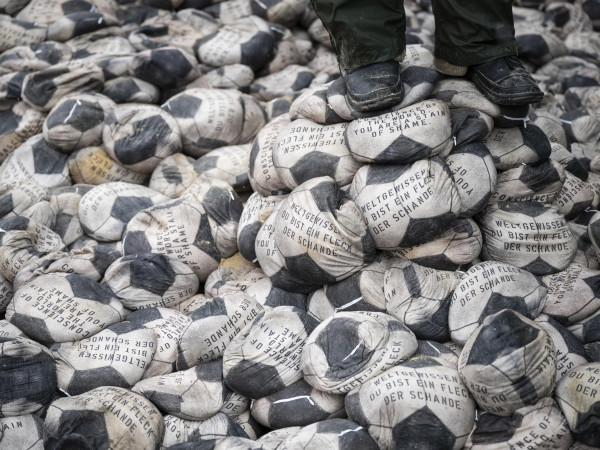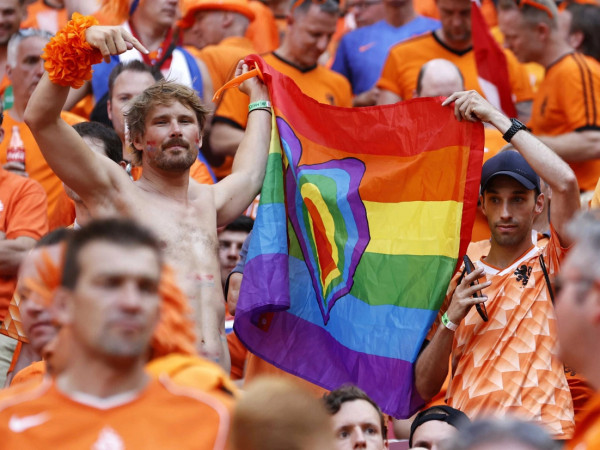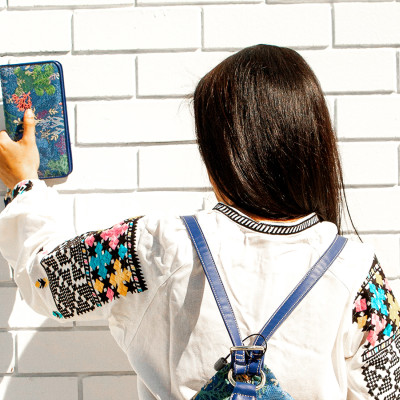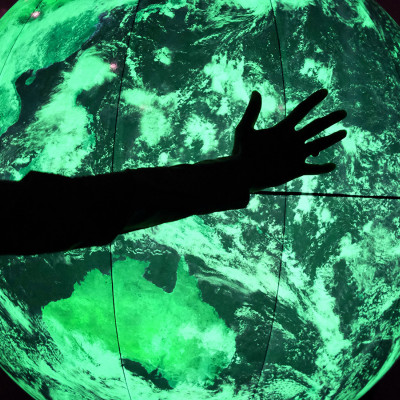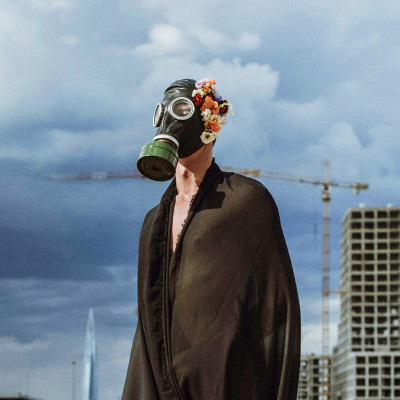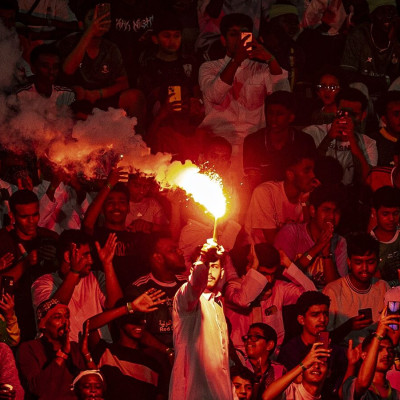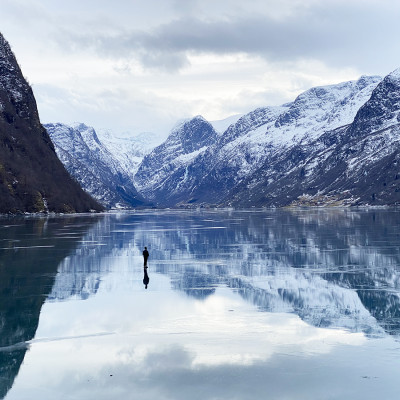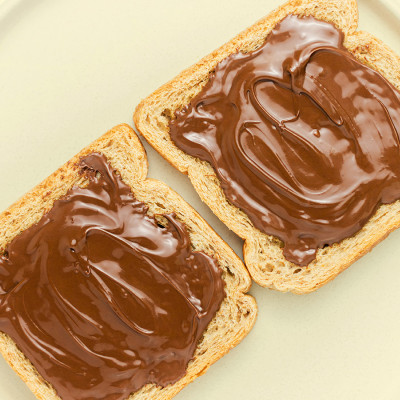Mondiali 2022: l’autogol di Fifa sui diritti umani
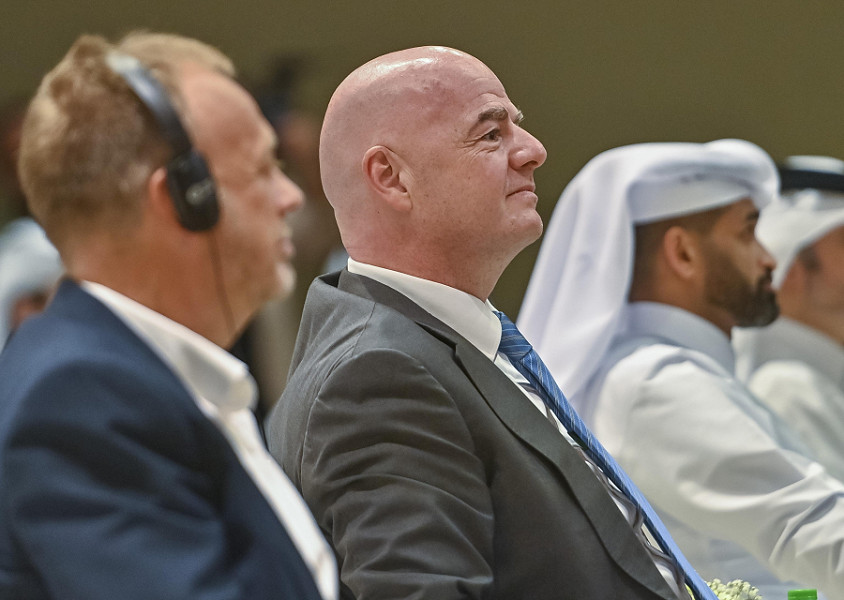
Forse credeva che tutte e 32 le federazioni calcistiche condividessero il suo pensiero, ma così non è stato: il 3 novembre il presidente della Fifa, Gianni Infantino, ha inviato una comunicazione alle squadre che parteciperanno ai mondiali in Qatar, invitandole a concentrarsi sul gioco e non “dare lezioni morali”, né “trascinare” il calcio in “battaglie” ideologiche o politiche. 10 hanno risposto duramente, affermando che “i diritti umani sono universali e si applicano ovunque”. Le critiche sono arrivate anche da Human Rights Watch, Amnesty International e da numerosi attivisti Lgbtq+ in Inghilterra e Galles.
In una dichiarazione pubblicata dalla Bbc, 10 federazioni calcistiche europee si sono schierate a sostegno dei diritti umani. Si tratta di Belgio, Danimarca, Galles, Germania, Inghilterra, Norvegia, Olanda, Portogallo, Svezia e Svizzera, che si sono accordate su una risposta congiunta in cui hanno riconosciuto i “progressi significativi” compiuti dal Qatar in molti ambiti, “in particolare per quanto riguarda i diritti dei lavoratori migranti, con l’impatto delle modifiche legislative dimostrate nei recenti rapporti dell’Organizzazione internazionale del lavoro”. Ma, hanno scritto, “abbracciare la diversità e la tolleranza significa anche sostenere i diritti umani. I diritti umani sono universali e si applicano ovunque”.
L’invito di Infantino a “concentrarsi sul calcio” non ha ottenuto i risultati sperati: l’emittente britannica riporta che alcuni giocatori avrebbero pianificato delle “proteste pacifiche”, mentre l’inglese Harry Kane e gli altri 9 capitani indosseranno delle fascette color arcobaleno con la scritta “One Love”: un messaggio volto a promuovere la diversità e l’inclusione. La federazione danese indosserà magliette senza sponsor tecnico, perché il marchio di abbigliamento Hummel ha deciso di non comparire in segno di protesta. L’Australia, invece, ha pubblicato un video in cui ha lanciato un appello: «Abolite le leggi sulle relazioni omosessuali».
Inoltre, le federazioni rimarranno impegnate per ottenere un risultato convincente su 2 questioni “cruciali e aperte” di cui discutono da molto tempo con la Fifa: “un fondo di compensazione per i lavoratori migranti e il concetto di un centro per i lavoratori migranti da creare a Doha”. In nome di un cambiamento “progressivo e sostenibile”, scrivono, “continueremo a spingere affinché vengano realizzati. Crediamo nel potere del calcio di continuare a dare contributi positivi e credibili a un cambiamento progressivo e sostenibile”.
Il Qatar è stato ampiamente criticato per la sua posizione sulle relazioni omosessuali e sul trattamento riservato ai lavoratori migranti. Il ministro degli Esteri, lo sceicco Mohammed bin Abdulrahman Al-Thani, ha dichiarato che le critiche sono “ipocrite”, mentre gli appelli al boicottaggio “vengono lanciati da un numero molto ristretto di persone, al massimo in 10 Paesi, che non sono affatto rappresentativi del resto del mondo”. La World Cup si terrà dal 20 novembre al 18 dicembre 2022.
Pubblichiamo la comunicazione firmata da Gianni Infantino e dal segretario generale della Fifa Fatma Samoura: è disponibile sul sito di Sky Sport, che l’ha vista in esclusiva e pubblicata per esteso il 4 novembre 2022.
Dear Presidents, dear General Secretaries,
The FIFA World Cup Qatar is now just around the corner and excitement about the world’s premier football festival is building globally as we count down the days to kick-off in Doha, on Sunday, 20 November 2022.
As one of the 32 participating teams, you carry the hopes and dreams of your home nation and all of its people on your shoulders.
FIFA would like to assure you that in Qatar everything has been prepared to ensure that every participating nation will have the very best chance of achieving success on football’s ultimate stage. The eight state of the art stadiums, where the 64 matches of the FIFA World Cup Qatar 2022™️ will be played, will provide the perfect platform for the world’s greatest sporting event.
So, please let’s now focus on the football!
We know football does not live in a vacuum and we are equally aware that there are many challenges and difficulties of a political nature all around the world. But please do not allow football to be dragged into every ideological or political battle that exists.
At FIFA, we try to respect all opinions and beliefs, without handing out moral lessons to the rest of the world. One of the great strengths of the world is indeed its very diversity, and if inclusion means anything, it means having respect for that diversity. No one people or culture or nation is “better” than any other. This principle is the very foundation stone of mutual respect and non-discrimination. And this is also one of the core values of football. So, please let’s all remember that and let football take centre stage.
Now, at the FIFA World Cup, we have the unique occasion and opportunity to welcome and embrace everyone, regardless of origin, background, religion, gender, sexual orientation or nationality. Let’s take that opportunity and unite the world through the universal language of football.
Now our focus is football because #NowIsAll.
We wish you every success and a great tournament ahead!
Gianni Infantino FIFA President Fatma Samoura FIFA Secretary General
Riportiamo anche la risposta delle 10 federazioni europee, pubblicata dalla Bbc.
While written diplomatically, this joint statement is a robust and defiant response to Fifa’s remarkable ‘stick to football’ letter last week, which took the FA and the FAW by surprise, dismayed many in the sport, and which was widely condemned by human rights groups and LGBT+ campaigners.
The intention of these 10 west European federations is to firmly reassert their teams’ right to make a stand on social issues in Qatar, such as the plan by England and Wales players to wear rainbow armbands as part of an anti-discrimination campaign in a country where it is illegal to be gay.
And it is a clear rejection of Fifa’s request that political and human rights concerns are put to one side for the duration of the World Cup amid a build-up that has been blighted by a myriad of ethical and geopolitical controversies, and an increasingly aggressive approach by the hosts towards their critics.
There is also a sense of the mounting frustration that many within European football feel over what the statement refers to as “two key outstanding issues”; a Migrant Worker Centre and a compensation fund for those killed or injured during World Cup preparations.
While acknowledging “significant” labour reforms, members of Uefa’s Working Group on human rights had expected Fifa to help deliver progress on both these causes several months ago, and will hope that this will spur them into a renewed effort.
With the start of the tournament just days away, it remains to be seen whether this statement helps, but it is certainly a reminder of the tension and division that surrounds final preparations for the event.




